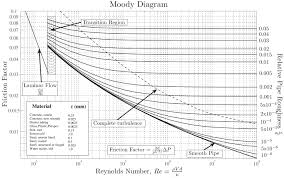
记忆方法
将“moody”分解为“mood”和“-y”,想象一个人(“mood”)的情感多变,就像他的“情绪”一样,因此行为或表情会有所不同,结尾的“-y”表示轻微或稍微的意思,整体记忆为:稍微情绪多变的人。
以上内容由AI生成, 仅供参考和借鉴
中文词源
moody 情绪多变的,反复无常的
来自mood,情绪,心情,心境。即有情绪的,引申词义情绪多变的,反复无常的。
英语词源
- moody (adj.)
- Old English modig "brave, proud, high-spirited, impetuous, arrogant," from Proto-Germanic *modago- (cognates: Old Saxon modag, Dutch moedig, German mutig, Old Norse moðugr); see mood (1) + -y (2). Meaning "subject to gloomy spells" is first recorded 1590s (via a Middle English sense of "angry").
权威例句
- 1. Her husband had become withdrawn and moody.
- 她丈夫变得沉默寡言、喜怒无常。
- 2. David's mother was unstable and moody.
- 戴维的妈妈情绪不稳定,心情也不好。
- 3. My daughter is very difficult, uncommunicative and moody.
- 我女儿很难相处,不愿跟人交流,又非常情绪化。
- 4. Moody people are very difficult to deal with.
- 喜怒无常的人很难打交道。
- 5. He can be rather moody at times.
- 有时候他情绪不稳定.
